99 % aller Menschen, denen ich von Kryptowährungen erzähle, glauben, dass der Euro, also Fiatgeld, vertrauenswürdiger ist als der Bitcoin oder Altcoins. Die meisten Bürger kennen eben nur das eine Szenario, bei dem man Geld durch Arbeit verdient. Dabei wird Geld heute einfach aus dem Nichts erschaffen. Du muss nur argumentieren können, wofür du dieses Geld benötigt.
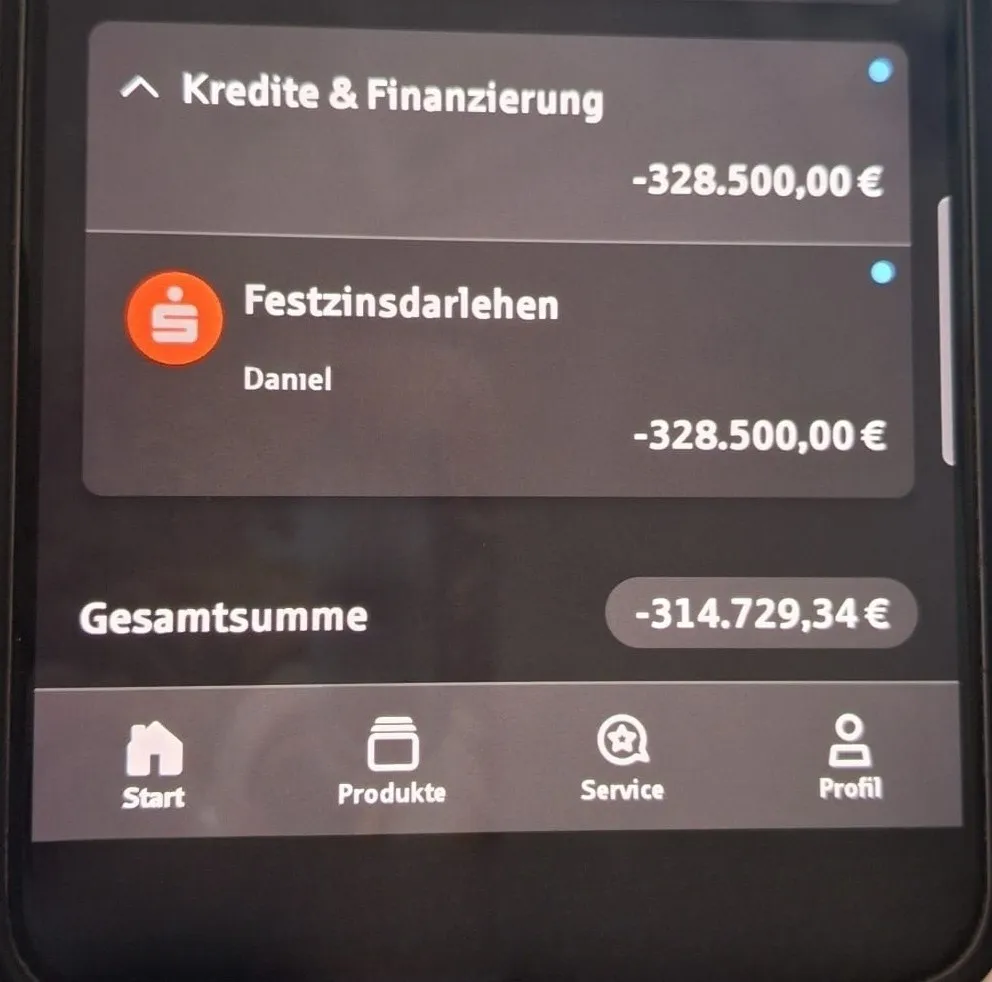
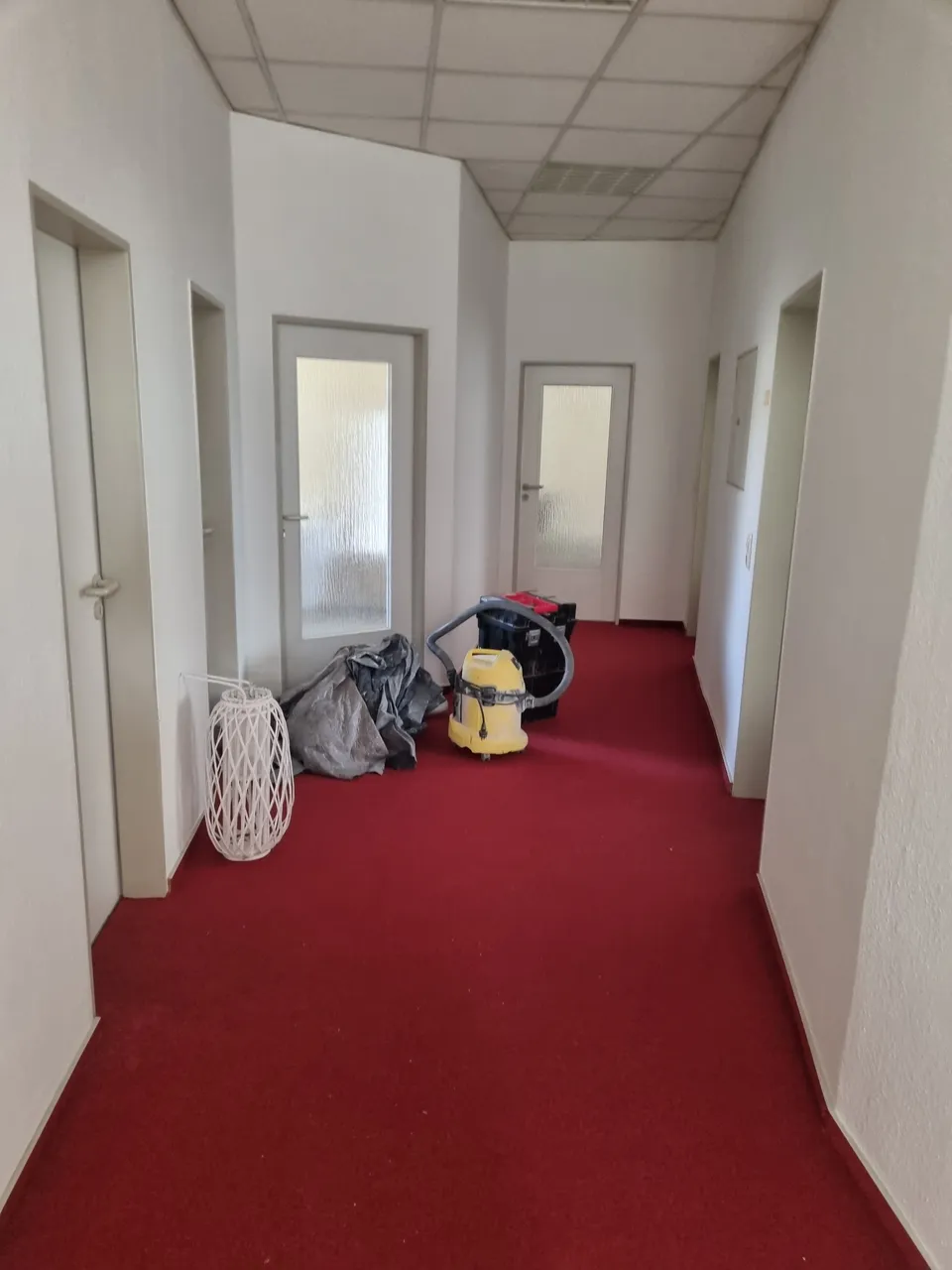
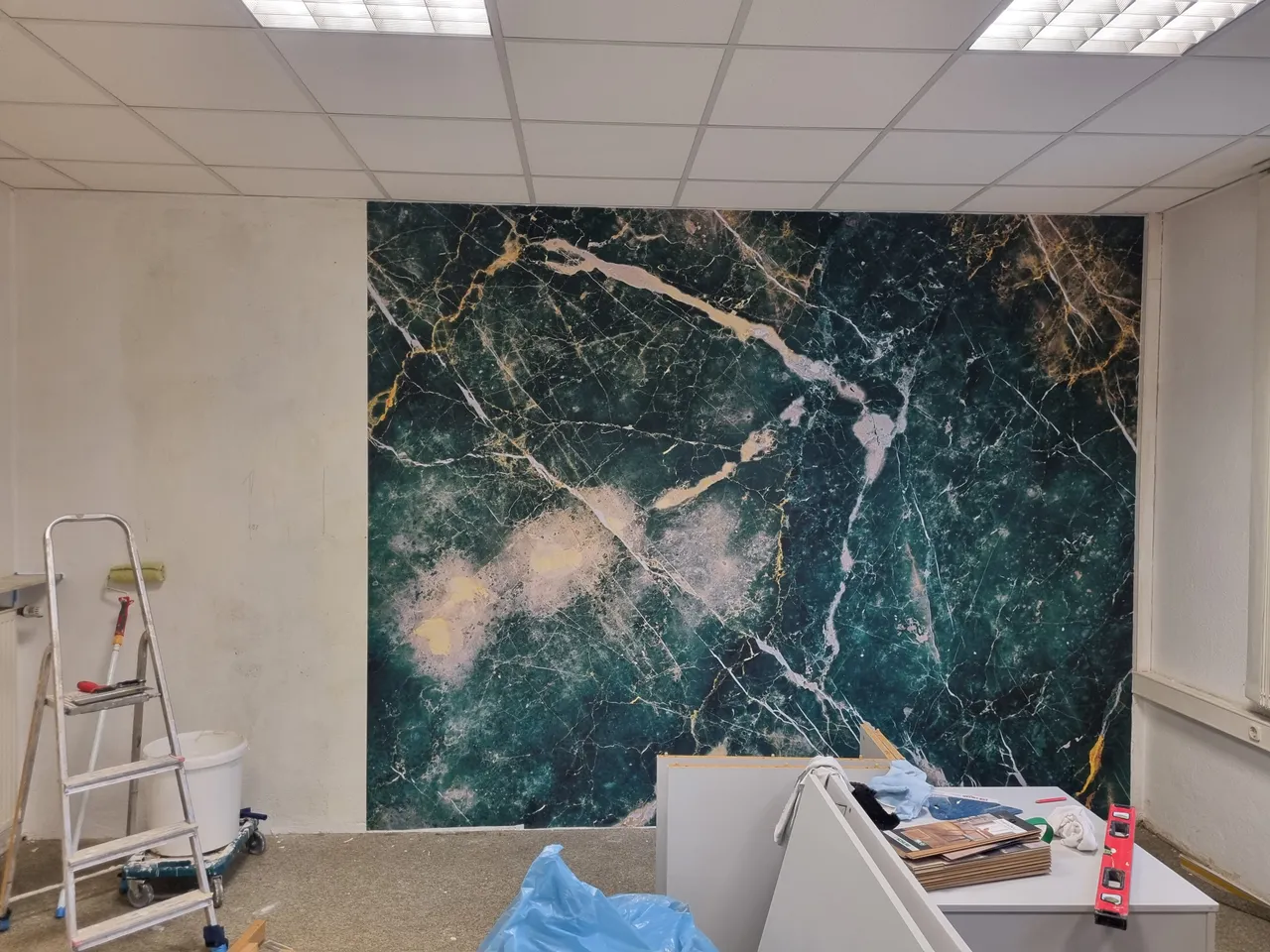
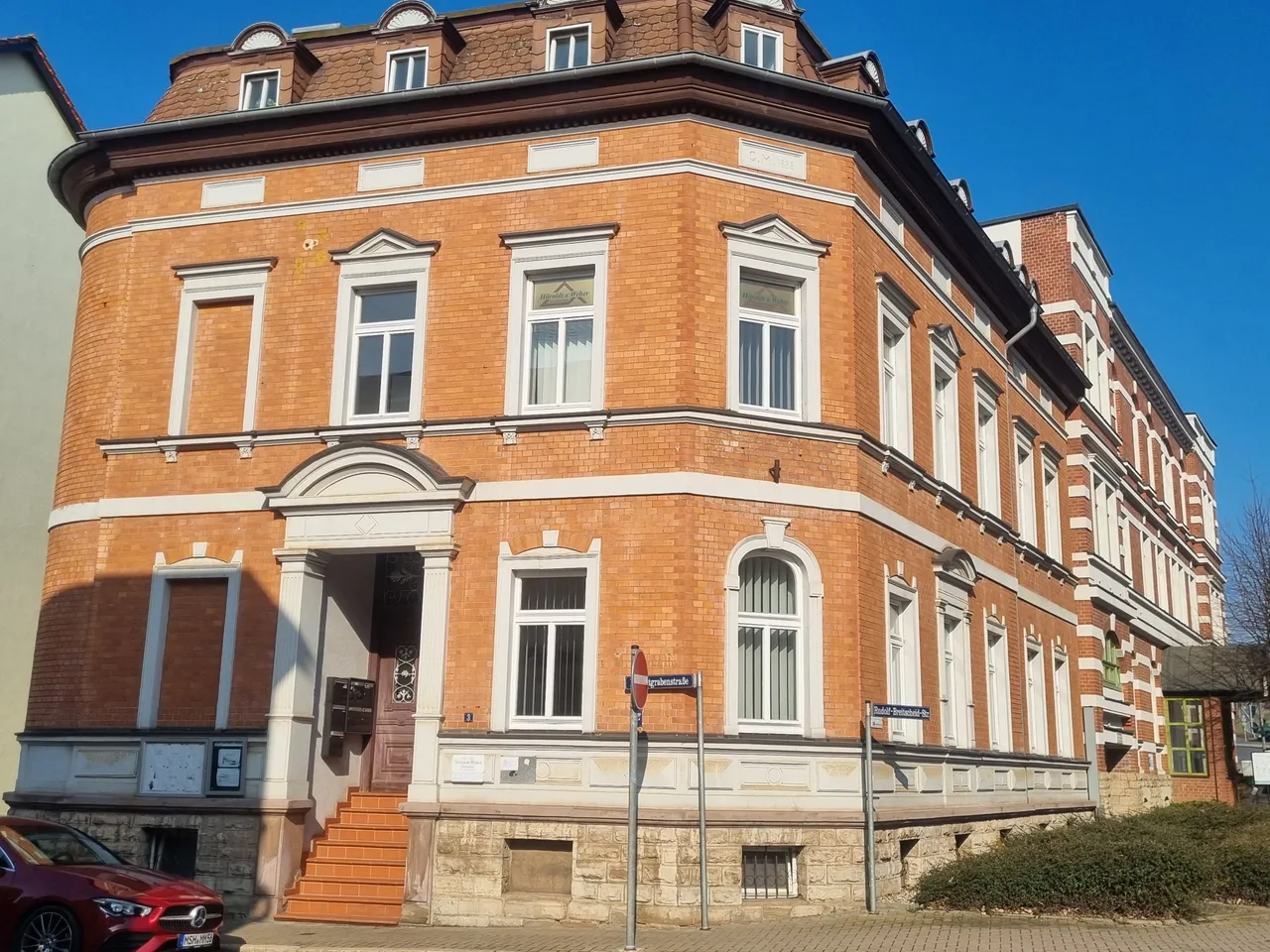
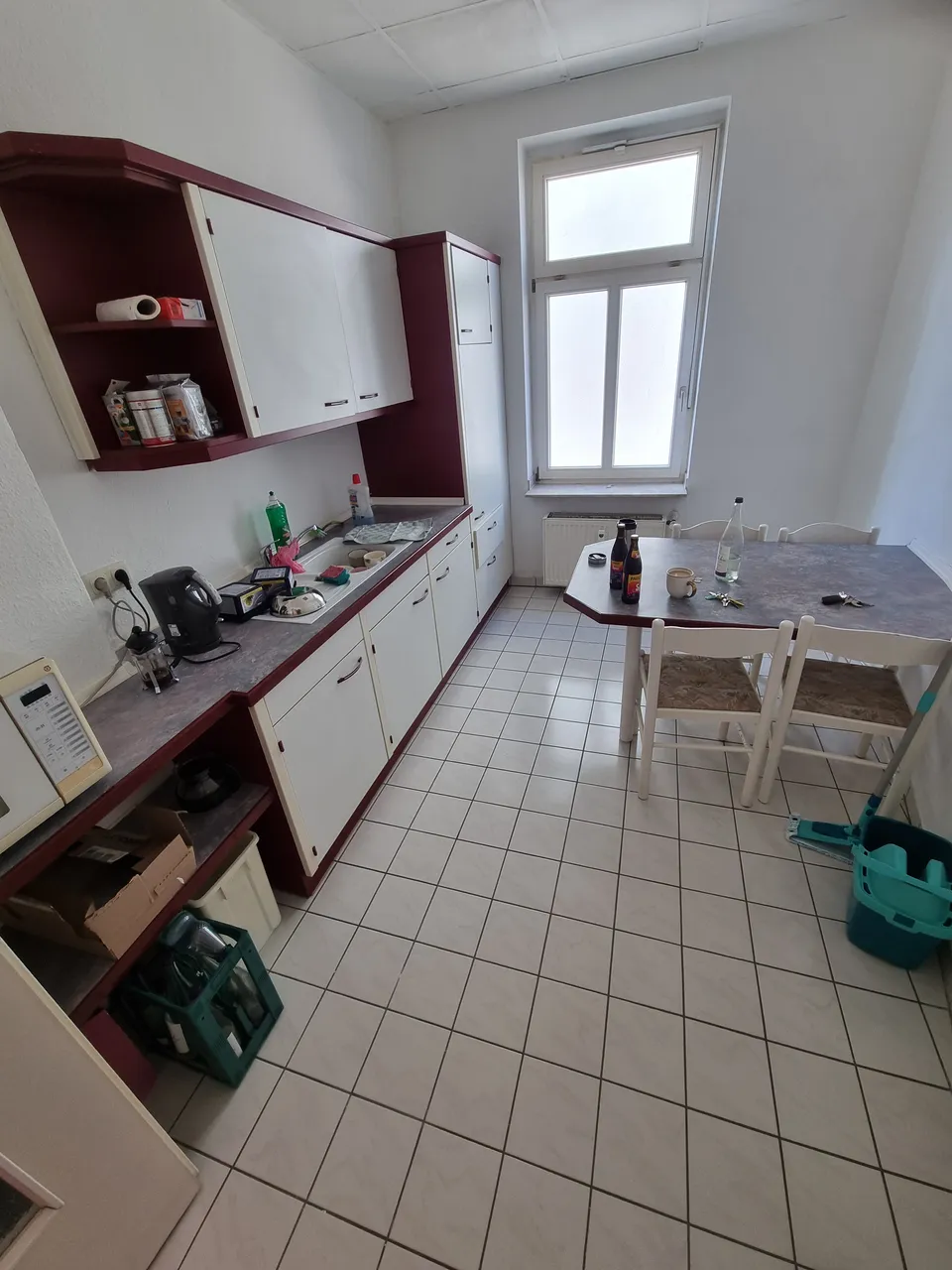

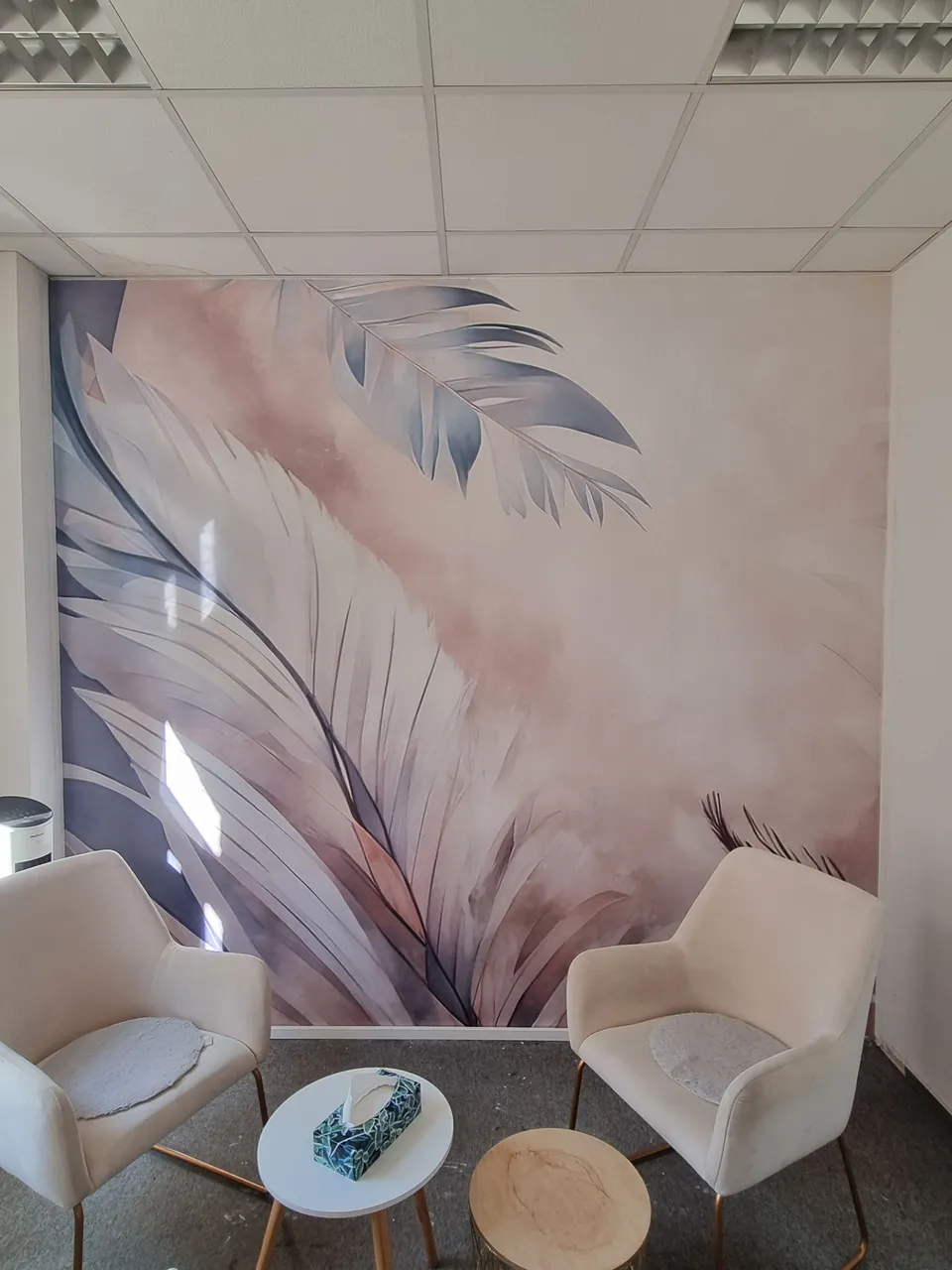
Heute um 15 Uhr habe ich die Mitteilung erhalten, dass der Kaufpreis überwiesen wurde. Mir fehlten jedoch noch die 28.500 € für die Nebenkosten wie Notar, Makler und Grunderwerbssteuer. Wer hätte gedacht, dass sich unser veraltetes Finanzsystem durch die Konkurrenz von Kryptowährungen so schnell verändert? Nach nur 30 Minuten wurden weitere 28.500 € erschaffen und meinem Konto gutgeschrieben. Somit konnte ich rechtzeitig zum Bankenschluss um 15:58 Uhr meine Steuern bezahlen, um keine Verzugsstrafe von 25 € zu riskieren.
Und wer mir immer noch nicht glaubt der sollte jetzt folgendes lesen...
Das ist Fiatgeld
Fiatgeld ist Geld ohne intrinsischen Wert. Es ist nicht an Gold oder andere reale Werte gebunden. Der Name kommt vom lateinischen Wort fiat („es werde“/“es geschehe“). Das Fiat-Geldsystem entstand, nachdem die USA 1973 unter Richard Nixon das Bretton-Woods-System und damit die Eintauschbarkeit des US-Dollar in Gold und die der übrigen Währungen in US-Dollar einseitig aufkündigten. Geld kann somit theoretisch in unbegrenzten Mengen in Umlauf gebracht werden. Daraus ergeben sich Probleme aber auch Möglichkeiten.
Geldschöpfung einfach erklärt
Geld entsteht durch Kreditvergabe. Mit jedem Kredit, den eine Bank einem Schuldner gewährt, wird neues Geld in die Welt gesetzt. Geld wird im Fiat-Geldsystem aus dem Nichts geschöpft, quasi per Knopfdruck. Es ist nämlich nicht so, dass die Bank auf die Spareinlagen anderer Kunden zugreifen muss, um den Kredit auszuzahlen. Der Bankangestellte tippt lediglich den entsprechenden Betrag in ein Computerprogramm und sofort scheint dieser am Konto des Kreditnehmers auf.
Während bei vielen Menschen noch die Vorstellung vorherrscht, dass Banken nur das Geld verleihen, das sie an anderer Stelle einnehmen, sieht die Realität anders aus.
Banken sind keine Vermittler von Geld, keine „Intermediäre“, sondern Geldschöpfer.
Wenn private Banken durch ihre Kreditvergabe neues Geld schöpfen, stellt sich die Frage, welche Rolle dann die Zentralbank spielt, in unserem Fall die EZB und ihre Präsidentin Christine Lagarde. Denn als Herausgeberin des Euro, müsste doch eigentlich sie es sein, die bestimmt, wann und zu welchem Zweck neues Geld gedruckt wird. An dieser Stelle kommt jedoch eine wichtige Unterscheidung ins Spiel, nämlich die zwischen Buchgeld und Zentralbankgeld. Buchgeld, oder auch Giralgeld, ist das Geld, das von privaten Banken vergeben wird, und als Zahl auf unserem Konto aufscheint.
Sie müssen lediglich die sogenannte „Mindestreservepflicht“ einhalten, das heißt, sie müssen einen geringen Teil, nämlich 1 %, ihrer Buchgeldeinlagen in Form von Zentralbankgeld bei der EZB halten. Dieses Zentralbankgeld kann nur von der EZB geschöpft werden und existiert zum einen als Guthaben der Banken bei der Zentralbank und zum anderen als Bargeld.
Die Ökonomin Anne Pettifor fordert deshalb, dass sich die Staaten stärker verschulden sollten. Das konservative Festhalten an einem „schlanken“ Staat, der nicht investieren sollte, ist für sie eine Ideologie.
Die EZB ist also durch das schwache Wirtschaftswachstum und die fehlenden staatlichen Investitionen gewissermaßen dazu verdammt, die Banken mit billigem Geld zu versorgen. Die Folge ist, dass in der Praxis die privaten Geschäftsbanken bestimmen, zu welchem Zweck und wie viel Geld in Umlauf kommt.
Ich zitierte aus folgendem Artikel...
https://kontrast.at/geldschoepfung-einfach-erklaert/
Und das ist mein persönlicher Geheimtipp...
Reich wird man durch Geld das garnicht existiert. Reich kannst du nur werden indem du mit Schulden Geld verdienst, zum Beispiel durch Vermietung.
5% der Mieteinnahmen will ich dann Ende 2026 in Bitcoin refinanzieren. Der restliche Mietüberschuss bleibt für Steuern und Renovierungsarbeiten vorbehalten.
Um in eine Immobilie zu investieren hat sich folgende Faustformel bewährt...
10 Jahresmieten sind ein Fairer Kaufpreis. Sollte der Kaufpreis unter 10 Jahresmieten liegen muss man wahrscheinlich viel Handwerliches geschickt mitbringen. Liegt der Kaufpreis über 10 Jahresmieten muss unbedingt das Potenzial für Mieterhöhung geprüft werden. Oder man nimmt Abstand von dieser Investition.
Alles in allem bleibt mir die Erkenntnis... Geld ist Feenstaub, die meisten Altcoins sind Feenstaub. Bei Bitcoin muss man wenigstens noch viel Energie investieren um an diese zu kommen.
Aber alles ,alles, alles wird mit Fiatgeld finanziert!
Das alte wie das neue Finanzsystem basiert einzig und allein auf VERTRAUEN!
English
99% of all people I tell about cryptocurrencies believe that the euro, i.e. fiat money, is more trustworthy than Bitcoin or altcoins. Most people are only familiar with the one scenario where you earn money through work. Yet, today, money is simply created out of thin air. You just have to be able to argue why you need this money.







Today at 3 p.m., I received a notification that the purchase price had been transferred. However, I was still missing the €28,500 for additional costs such as the notary, broker, and property transfer tax. Who would have thought that our outdated financial system would change so quickly due to competition from cryptocurrencies? After just 30 minutes, another €28,500 was created and credited to my account. This meant I was able to pay my taxes in time for the bank closing time at 3:58 p.m. to avoid a €25 late payment penalty.
And if you still don't believe me, you should read this now...
This is fiat money
Fiat money is money without intrinsic value. It is not tied to gold or other real assets. The name comes from the Latin word fiat ("let it be done"). The fiat money system emerged after the United States, under Richard Nixon, unilaterally terminated the Bretton Woods system in 1973, thus ending the exchangeability of the US dollar for gold and the convertibility of other currencies into US dollars. This means that money can theoretically be put into circulation in unlimited quantities. This creates problems, but also opportunities.
Money creation explained simply
Money is created through lending. With every loan a bank grants a debtor, new money is created. In the fiat money system, money is created out of thin air, virtually at the push of a button. It's not the case that the bank needs to access other customers' savings deposits to disburse the loan. The bank employee simply types the corresponding amount into a computer program, and it immediately appears in the borrower's account.
While many people still believe that banks only lend the money they receive elsewhere, the reality is different.
Banks are not money brokers, not "intermediaries," but money creators.
If private banks create new money through their lending, the question arises as to what role the central bank plays—in our case, the ECB and its President Christine Lagarde. As the issuer of the euro, it should actually be the central bank that determines when and for what purpose new money is printed. At this point, however, an important distinction comes into play: that between book money and central bank money. Book money, or deposit money, is the money issued by private banks and appears as a number in our accounts.
They only have to comply with the so-called "minimum reserve requirement," meaning they must hold a small portion, namely 1%, of their book money deposits in the form of central bank money with the ECB. This central bank money can only be created by the ECB and exists partly as bank deposits with the central bank and partly as cash.
Economist Anne Pettifor therefore calls for governments to take on greater debt. The conservative adherence to a "lean" government that should not invest is, for her, an ideology.
Thus, the ECB is, in a sense, condemned to supplying the banks with cheap money due to weak economic growth and the lack of government investment. The result is that, in practice, private commercial banks determine for what purpose and how much money comes into circulation.
I quoted from the following article...
https://kontrast.at/geldschoepfung-einfach-erklaert/
And this is my personal insider tip...
You get rich through money that doesn't even exist. You can only get rich by earning money with debt, for example, through renting out your home.
I plan to refinance 5% of my rental income into Bitcoin at the end of 2026. The remaining rental surplus will be reserved for taxes and renovations.
The following rule of thumb has proven to be effective for investing in real estate...Ten years' rent is a fair purchase price. If the purchase price is less than ten years' rent, you'll likely need to be very skilled in the trade. If the purchase price is more than ten years' rent, you definitely need to consider the potential for rent increases. Or you can refrain from this investment.
All in all, I'm left with the conclusion... money is fairy dust, most altcoins are fairy dust. With Bitcoin, at least you have to invest a lot of energy to get it.
But everything, everything, everything is financed with fiat money!
The old and the new financial system are based solely on TRUST!